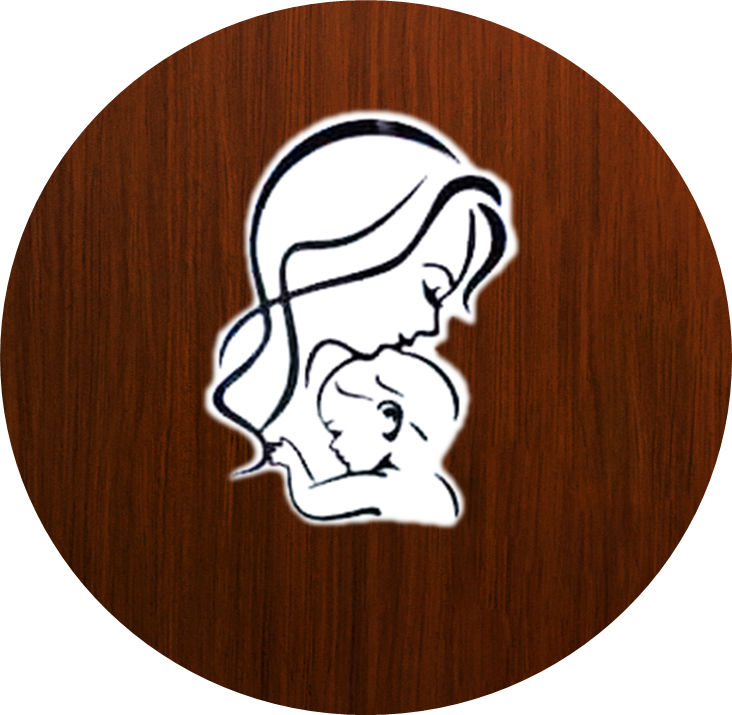Service
Urinary Problems
UTIs are very common among women. They are due to germs (bacterial infection) in the bladder. A UTI causes:
⇒ Lower tummy (abdominal) discomfort.
⇒ A soreness or burning sensation when you pee (urinate).
⇒ A feeling you need to pee more often.
⇒ A feeling that you need to pee urgently.
The urine may look cloudy or have blood in it.
What tests are commonly performed?
The most common tests performed include:
Mid Stream urine sample for routine and microscopic test and culture sensitivity.
If you have a urine infection, you should drink plenty of fluids to help flush the germs out. Some women get repeated infections. You may have an ultrasound scan and may be referred to a specialist (urologist) for tests on your urinary system.
Urinary incontinence is a common problem, affecting women more commonly than men. Stress incontinence and urge incontinence are the most common types of incontinence. Many people are embarrassed by the problem but, importantly, incontinence is often treatable.
Stress incontinence
Stress incontinence is the most common form of incontinence. It means you leak urine with actions such as coughing, laughing, sneezing or exercise. It happens when the pelvic floor muscles that support the bladder are weakened. Childbirth is a common reason for a weak pelvic floor. The first treatment for stress incontinence is pelvic floor exercises. Surgery to tighten or support the bladder outlet can also help. Medication may be used in addition to exercises if you do not want, or are not suitable for, surgery.
Urge incontinence (detrusor instability)
Urgency is a symptom where you have a sudden urgent desire to urinate. You are not able to put off going to the toilet. In urge incontinence, urine leaks before you get to the toilet when you have urgency. Urgency and urge incontinence are often due to an unstable or overactive bladder, or detrusor instability. (The detrusor muscle is the medical name for the bladder muscle.) Bladder training exercises are the first line of treatment. Medication may also help. Some people have mixed incontinence, which is both stress incontinence and urge incontinence.
Lifestyle changes may also significantly help some types of incontinence. These can include:
⇒ Changing how much you drink. If you drink large volumes, it follows that you will pass more urine. If you suffer with incontinence, you should not restrict your fluid intake too much, as you risk having a lack of body fluid (dehydration). Restricting fluids can also irritate the bladder and so make urge incontinence worse. However, if you drink excessively, moderation may improve your symptoms. Drinking 6-8 glasses of water per day is recommended .Changing what you drink. Drinks containing caffeine (for example, tea, coffee, hot chocolate and cola) make urge incontinence worse. This is because caffeine is a natural diuretic. Diuretics are chemicals that make you need to pass urine. If you drink a lot of caffeine-containing fluids then consider switching to decaffeinated alternatives.
⇒ Changing when you drink. You should try to maintain a normal life as much as possible with regard to drinking and visiting the toilet. However, drinking late at night may mean your sleep is disturbed by the desire to get up and go to the toilet.
⇒ Weight loss. It has been shown that losing a modest amount of weight can improve urinary incontinence in overweight and obese women. Even just 5-10% weight loss can help symptoms. If you are overweight and incontinent then you should first try to lose weight in conjunction with any other treatments.
⇒ Toilet habit. This is also dealt with in bladder training but in general it is best to visit the toilet only when you need to, rather than “just in case”. Depending on how much (and what) you are drinking and your level of activity (how much you are sweating), it is normal to pass urine every 3-4 hours on average.
⇒ Avoiding constipation. Try to maintain a healthy balanced diet that contains plenty of fruit, vegetables and soluble fibre. Severe long-term (chronic) constipation can stop the bladder emptying properly and cause overflow urinary incontinence (as well as stool (faecal) incontinence). Dehydration can also cause constipation.
